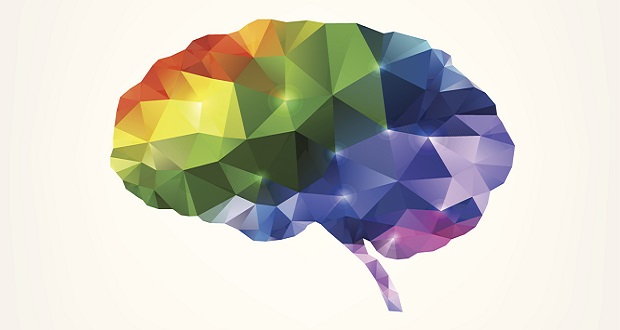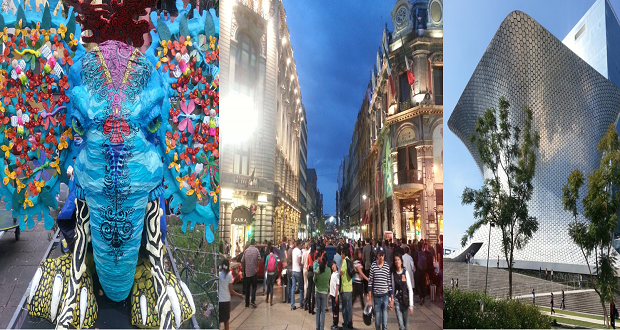
Finding the science behind things is all the rage now. In fact, our Western viewpoints require scientific studies in order to validate even the most basic human experiences. I’ll admit to my years-long passion in science and spirituality, where science is used to explain everything from heart functions to the power of positive emotions to biological phenomenon. Neuroscience is now starting to cross over into another one of my passions – cultural differences.
I think examining how the brain works is fascinating – triggers and transmitters and neurons all coming together to give us information every second we’re alive. Scientists and others love watching MRI’s and fMRI’s to see how the brain reacts to certain stimuli. In all the excitement, though, we forget that’s all it’s telling us.
Neurology is great at revealing how the brain works. Something happens to trigger a reaction. Usually, from a cultural perspective, we’ve bumped up against something that is contrary to our beliefs about the world. We can see the reaction happening in the brain – what gets triggered and which areas of the brain we’re using. However, it takes self-awareness and personal examination to figure out why the reaction happened. What belief or bias triggered such a reaction?
I love science and logical thinking, but understanding each other, especially others who are really different from us, can’t be reduced to triggers in the brain and logical thinking. There’s too much else involved. Dealing with other humans requires feeling, and we all know that feelings are not always logical.
Behind every feeling is a belief. When things are going well, they are going well – according to our beliefs. When things are going poorly, they are going poorly – according to our beliefs. It’s the reactions to our beliefs that trigger the reactions in the brain.
Neurology is a very helpful tool. It doesn’t, however, give us an excuse from doing the work we need to do and having the conversations we need to have. Yes, self-reflection can be painful, especially when we discover something about ourselves we don’t particularly like. Yes, having conversations about race and gender differences, privilege, power and systemic injustices can be awkward. Regardless, we still need to do the work.
After all, science is meant to be a discovery process. When we leave questions unanswered, the science isn’t complete.


















